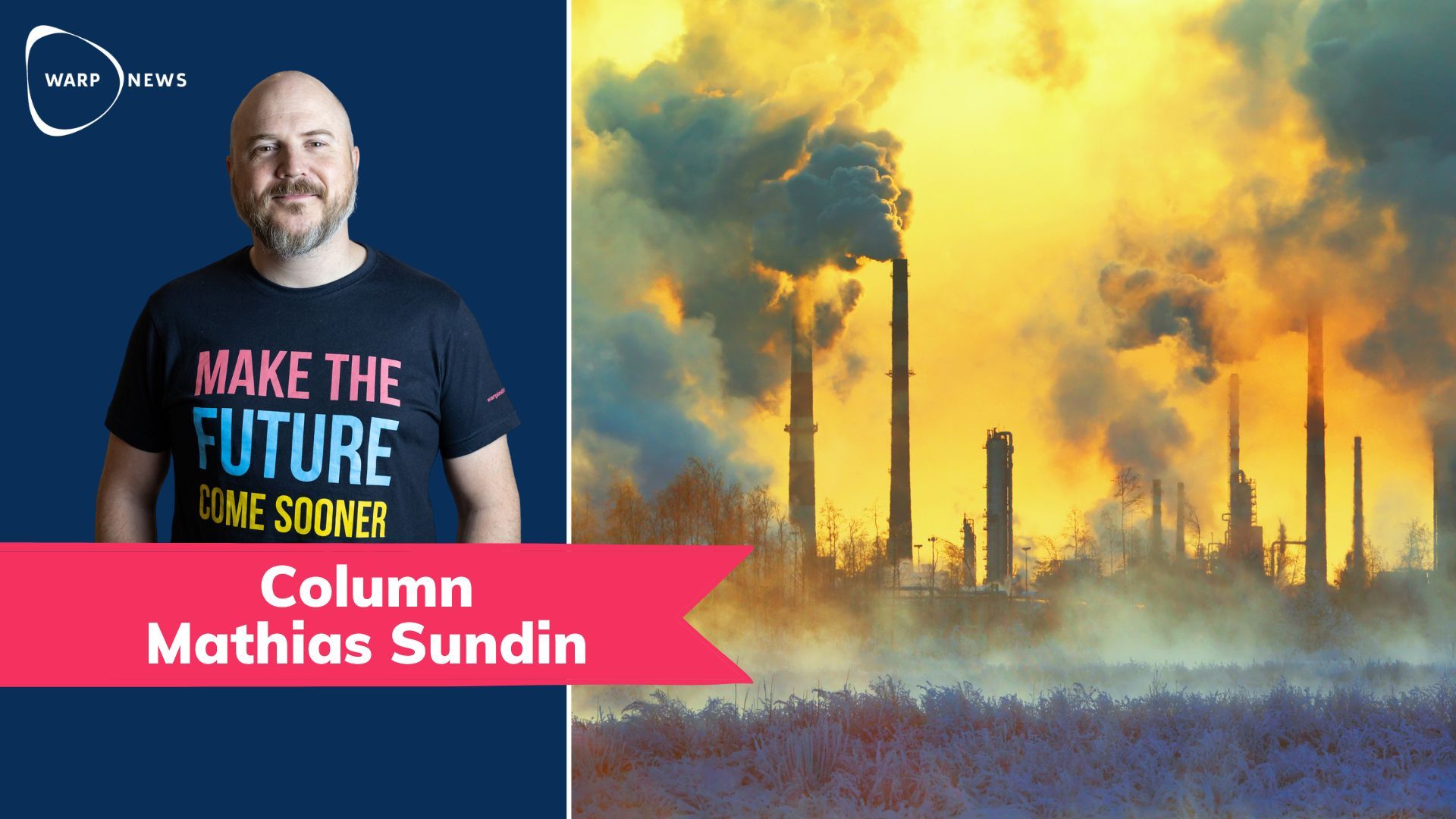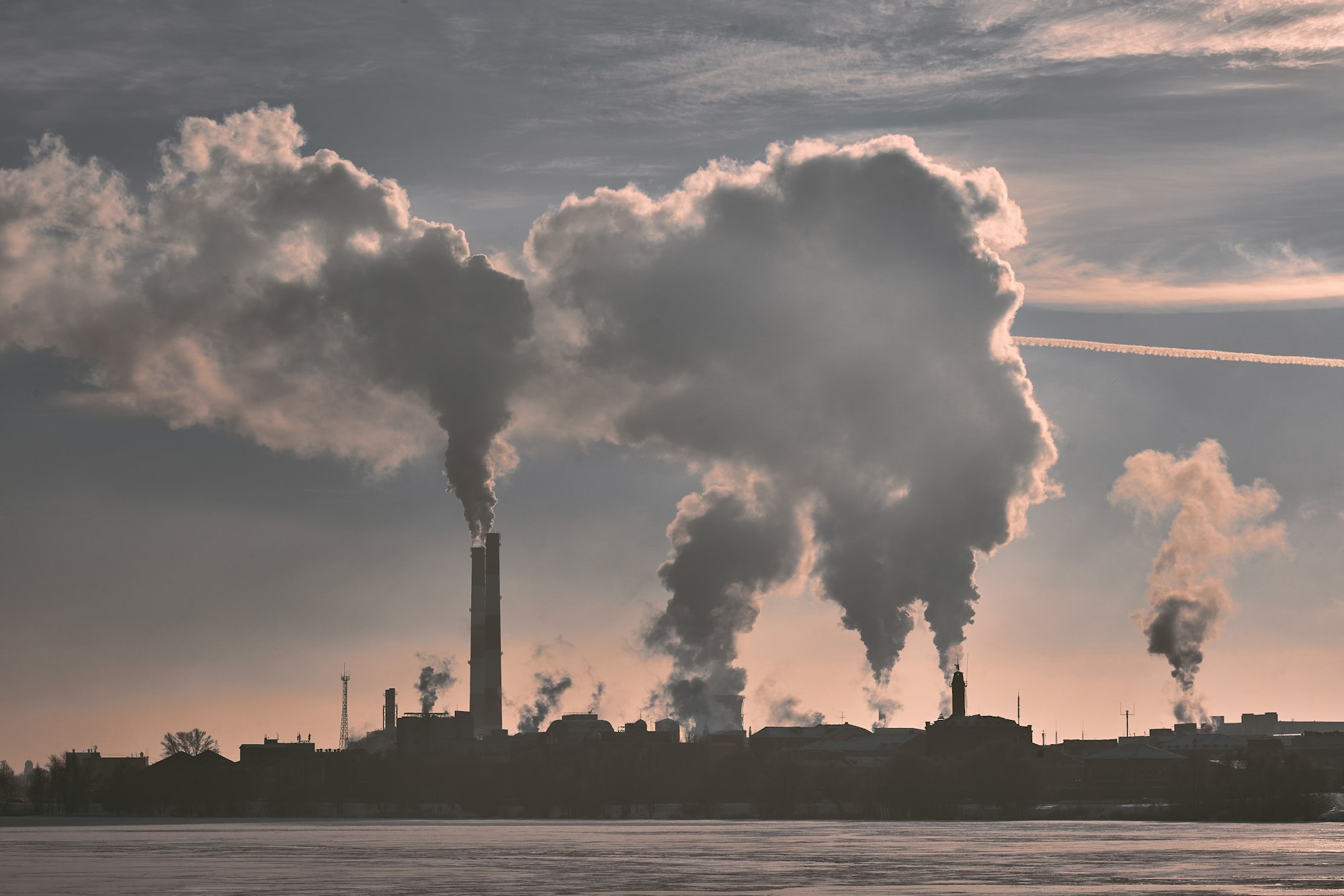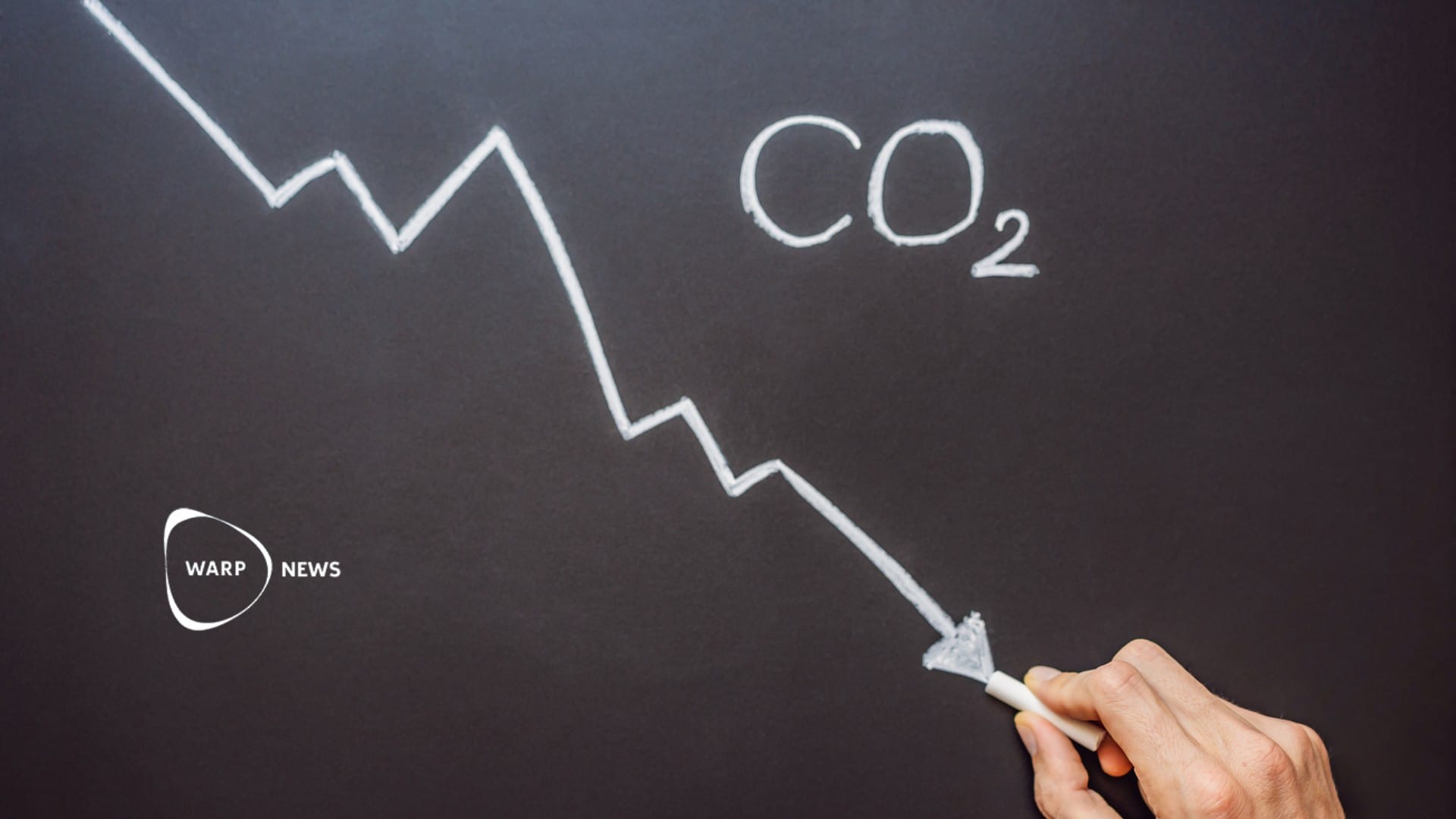
🙈 Climate skeptics slow down progress
Here are two arguments for why we should transition to sustainability, that have nothing to do with climate change.
Share this story!
Two arguments for climate transition that have nothing to do with climate
Those who do not believe that humans have anything to do with climate change, and because of that oppose changes and want business as usual, slow down the progress toward a better society. A sustainable society will not be worse, but better. We will be able to travel more and cheaper, not less and more expensive.
But as we continue to argue that we should all listen to climate science, we can also add a couple of arguments.
That have nothing to do with climate.
Arguments that highlight two problems that exist here and now, and don't not rely on models or projections.
Climate skeptic?
Before I get to the two arguments, I want to say that I can't find a good word to describe people who do not believe that climate change is primarily caused by humans. Climate denier is often used, but I don't like it. It sounds like Holocaust denier, which is much worse to be than a "climate denier." Also, they do not deny climate. Climate skeptic is better, but not good either. That can include people who think that much of the description of climate change is alarmist.
I will use climate skeptic because I can't find anything better. By this, I mean people who do not believe that it is primarily humans who cause climate change. Not those who believe in the science, but argue that the problem is exaggerated.
Argument one: The oil economy gives great power to dictatorships
Petrostates, they are called. A petrostate is a country whose economy is heavily dependent on the extraction and export of oil or natural gas. The presence of large oil and gas industries does not define a petro-state in itself; countries like Norway, Canada, and the United States are major oil producers but also have diversified economies.
Petrostates are almost always authoritarian and lack democracy. Oil and gas allow the dictator to have money to give to close supporters, oppress the population, and secure their power.
Access to oil also gives these oil dictators great international power. It's not just about money. Without oil, democratic countries' societies would cease to function. We could not transport ourselves, heat our homes, or provide electricity to our industries.

Just the underlying threat that oil dictatorships can turn off the taps gives them power. And they are not foolish enough not to cooperate. Otherwise, we could just buy from someone else.
A world that is not dependent on oil and gas would give more power to democracies and less to dictatorships. It would also enable democratization of petrostates.
Argument two: Pollution from fossil fuels kills millions every year
According to a major study from Harvard, over eight million people die each year due to air pollution caused by fossil fuels. This is higher than the four million deaths that previous research had estimated the number to be.
Nearly every fifth death, 18 percent, thus comes from burning oil and gas.

Pollution from fossil fuels is dangerous because it releases airborne particles, specifically PM2.5. When people breathe in these small particles, they can penetrate the respiratory system and even the bloodstream, leading to various health problems, including respiratory and cardiovascular diseases.
Every year, one Switzerland dies due to this air pollution. In ten years, one entire Germany dies.
In a world that doesn't burn oil and gas, eight million people would avoid dying each year due to air pollution.
Mathias Sundin
The Angry Optimist
By becoming a premium supporter, you help in the creation and sharing of fact-based optimistic news all over the world.


